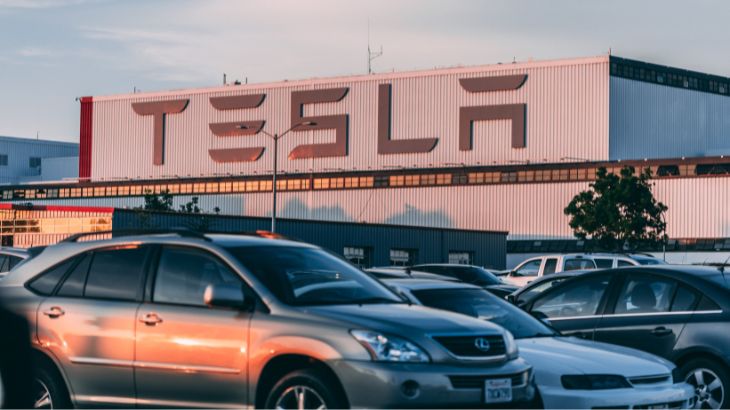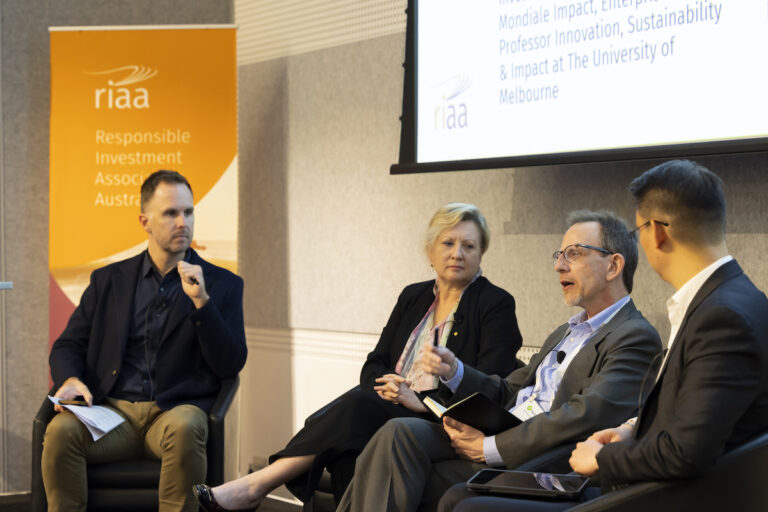Tesla led the global charge towards EV adoption, and it changed the world.
It drove massive reductions in carbon emissions, and showed that clean-energy technology can be fast, sexy and profitable.
So, you’d think the CEO, Elon Musk, would be a fan of ESG. But, not quite…
“I am increasingly convinced that corporate ESG is the Devil Incarnate.” he said in a Tweet last month.
It lacked nuance, as most tweets do, but what’s so disappointing is that rather than using his immense platform (92 million followers) to discuss the short-comings of the current mainstream ESG system, he neatly threw the entire sustainable investment sector under the bus, or under the Model S, as it were.
The Twitter thread grew longer as debate raged from both sides, which was surely the point, rather than make a genuine effort to address the shortcomings of ESG.
We’ve seen similarly anti-ESG arguments from HSBC’s ex-Head of Responsible Investment, Stuart Kirk, who was suspended after a presentation where he called climate-change warnings “shrill”, and asked “who cares if Miami is six metres underwater in 100 years?”
The irony is that both conservatives wedded to their giant gas-guzzlers and sustainability-purists alike have a gripe with ESG.
The problem is, they both misunderstand it.
ESG is simply a method to measure the risk facing a portfolio. At best, it will protect a portfolio from the effects of climate change, but it won’t do much to protect the wider world.
If this model is viewed as the only model, then it’s likely the end of ESG.
If, however, ESG is recognised as a baseline, a starting point, for a new model of accounting for Environmental, Social and Governance factors, then this may just be the beginning.
The evolution that’s needed is for ESG to shift from a narrow focus on portfolio risk, to instead account for the real-world impact of a company.
And, Tesla agrees.
The first page of the latest Tesla Impact Report makes a profound statement about the problem with ESG, and how it can be improved:
“Current ESG evaluation methodologies are fundamentally flawed. To achieve acutely-needed change, ESG needs to evolve to measure real world Impact.”
Tesla Impact Report
In stark contrast to Elon Musk’s Tweets from a month earlier, the report offers a nuanced argument about the vested interests that are ‘gaming the system’.
I can’t remember the last time an ‘Impact Report’ had made headlines, and I read a lot of them.
The report’s opening page was a master-class in clear, succinct writing. The core message was crystal clear.
“We need to create a system that measures and scrutinizes actual positive impact on our planet, so unsuspecting individual investors can choose to support companies that can make and prioritize positive change.”
It tied the company mission to a broader vision around reforming financial markets, and it did with simple language, without jargon.
“Many ESG ratings evaluate: “Does this ESG issue impact the profitability of the company?” We need a system that evaluates: “Does the growth of this company have a positive impact on the world?””
Don’t get me wrong, Tesla is far from pure. The S (Social) and G (Governance) aspects of the company could be greatly improved.
But, this report made huge strides in reframing the vexing issue of ESG, and delivered it to a mainstream audience.





